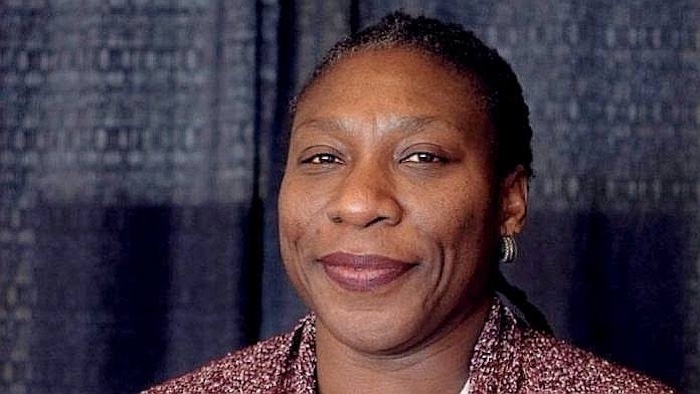Breaking Down Barriers: Women’s Leadership Gap in Southern Africa’s Public Health Sector
A shocking reality has come to light in Southern Africa’s public health sector: despite decades of progressive gender equality policies, women continue to face a persistent leadership gap. A comprehensive report by WomenLift Health, spanning ten countries including Angola, Botswana, and South Africa, reveals that national gender policies often fail to translate into equitable workplace realities. Instead, women encounter a "glass ceiling in disguise," where institutional cultures, biased promotion systems, and caregiving expectations quietly limit their rise to leadership.
According to Akhona Tshangela, Southern Africa Director at WomenLift Health, "What looks like progress on paper is often a façade. Inside health systems, women are still hitting invisible walls." This stark reality is evident even in countries with notable national progress, such as Namibia, which recently elected its first female president, and South Africa, which boasts near gender parity in politics. However, the public health sector tells a different story, with women severely underrepresented in senior roles, particularly at the district and provincial levels. In Zambia, for instance, a mere 13% of district health leaders are women.
The report identifies a significant policy-practice gap, where well-intentioned laws lack the enforcement, resources, or institutional will to change workplace dynamics. Patriarchal norms continue to shape decision-making, limiting access to mentorship and keeping women from rising through the ranks. Proven solutions, such as leadership development programs and male allyship, are inconsistently applied, often leaving rural and underrepresented women behind.
However, the findings are not just a diagnosis – they are a call to action. The report highlights critical interventions, including investment in leadership journeys for mid-career women, capacity-building for workplace advocacy, and systemic engagement with male allies and senior decision-makers. As Tshangela emphasizes, "Sustainable change means lifting both the woman and the system she works in." To build resilient and equitable health systems in Southern Africa, leadership must reflect lived realities, not just policy ideals. This requires elevating individuals who understand exclusion from the inside and can drive systemic transformation from within.
The report serves as a powerful reminder that true progress requires more than just policies on paper. It demands intentional action, collective effort, and a commitment to creating a more inclusive and equitable public health sector. As the region strives to build resilient health systems, it is imperative that women’s leadership is prioritized, and their voices are amplified. Only then can Southern Africa hope to achieve true gender equality and create a healthier, more prosperous future for all.



